
Family violence is still largely seen as a ‘straight’ issue in Australia, expert says
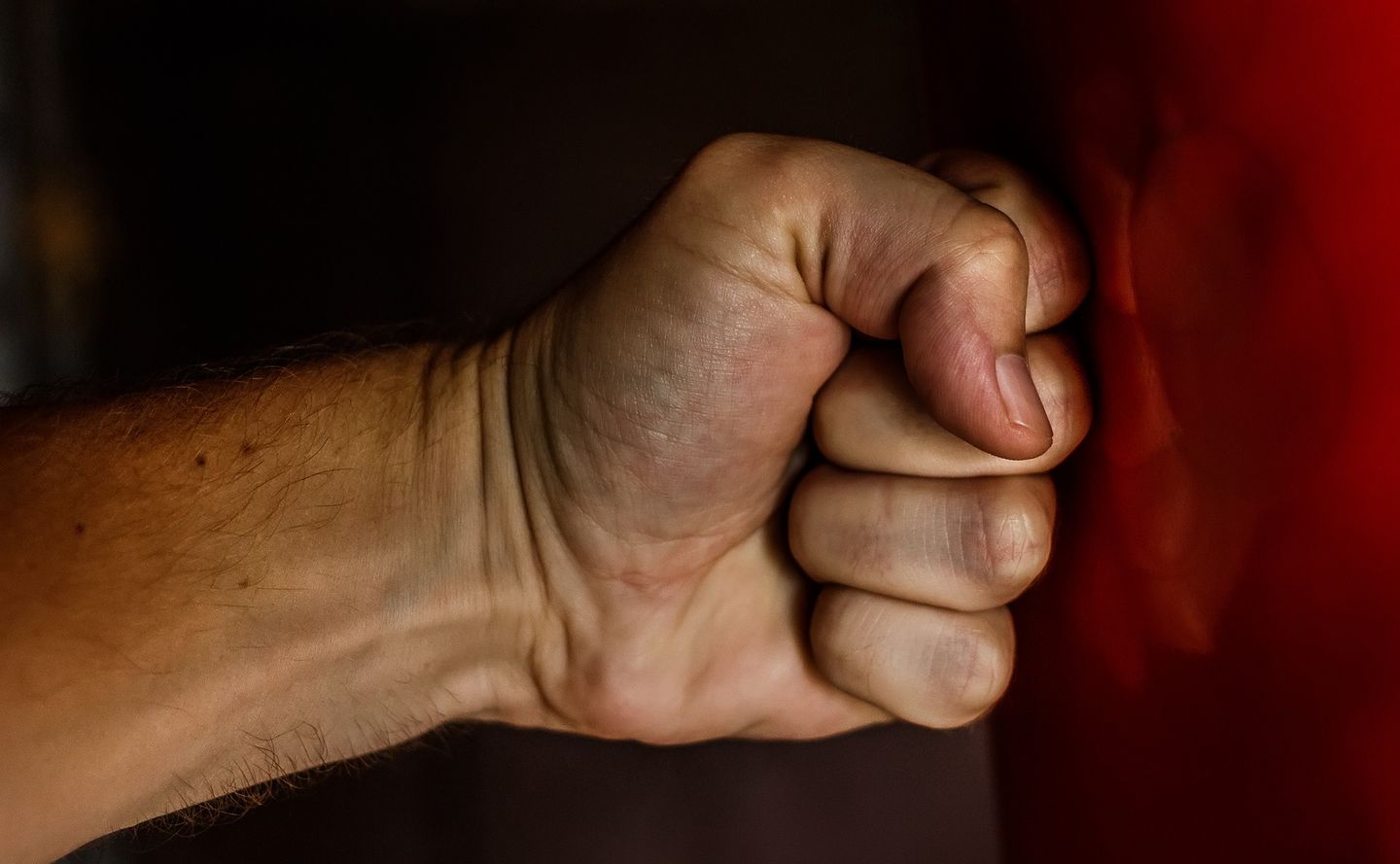
Intimate partner and family violence is still largely seen as an exclusively heterosexual issue, according to Philomena Horsley from Gay and Lesbian Health Victoria (GLHV).
During Victoria’s Royal Commission into Family Violence in 2016, only a small handful of submissions focused on LGBTI intimate partner or family violence, and Horsley believes this is because of the overwhelming focus that has been placed on men’s violence against women.
“It’s been a heterosexual model for so long that the LGBTI community hasn’t appeared on anyone’s radar, and if it has, people don’t know how to respond to it,” she told the Star Observer.
“Many still wonder how two women or two men could have violence in their relationship, because they’re the same gender.
“We need more recognition that this is happening in the LGBTI community as well.”
Despite limited research, existing evidence suggests that same-sex couples often experience higher levels of intimate partner or family violence than their straight counterparts, and for trans people the figures are worse.
In a report by GLHV, both trans women and men in Australia reported higher levels of verbal abuse and physical harassment than gay, lesbian, or bisexual people.
Horsley said recognition that it’s happening in LGBTI communities is the first step.
“We haven’t featured in any of the government’s promotional materials, so people in our community really struggle to understand when the relationship they’re in is an abusive one,” she said.
“Anecdotally I’ve heard that the marriage equality debate last year caused a number of LGBTI people to reassess their relationships, and ask themselves whether they would want to marry their partner — there’s definitely been an increase in the number of LGBTI people seeking support from family violence.
“But community education services need to include images, stories, and case studies about abusive relationships that involve our community so they can raise awareness around it more broadly. We need a language that speaks to our community, not a heterosexual model.”
Later this week Horsley will speak at the LGBTIQ Women’s Health Conference in Melbourne, a two day conference hosted by Thorne Harbour Health in partnership with community health organisation ACON.
As part of her talk Horsley will focus on the importance of primary prevention; that is, stopping violence before it occurs.
“It involves raising awareness for LGBTI people around what constitutes a healthy relationship,” she said.
“People see heterosexual relationships and the stereotypes that surround them and think, ‘that’s not what we do’, but they need to recognise that patterns around control and power occur in any relationship.
“We need to apply a new framework to understanding family violence that isn’t gender specific.”
Last week the Victorian government announced Women’s Health East as the recipient of a $100,000 grant.
With it, the organisation plans to undertake an Australian-first project to support young LGBTI people to recognise and develop healthy, equal, and respectful relationships. The grant will also allow the organisation to work with young LGBTI people to co-design appropriate and relevant resources.
Horsley said Australia needs to incorporate an understanding of sex, gender, and sexuality into discussions around intimate partner and family violence.
“The [LGBTIQ Women’s Health] Conference this week will be so important, because it will bring together researchers, service providers, and community members for an interactive conversation,” she said.




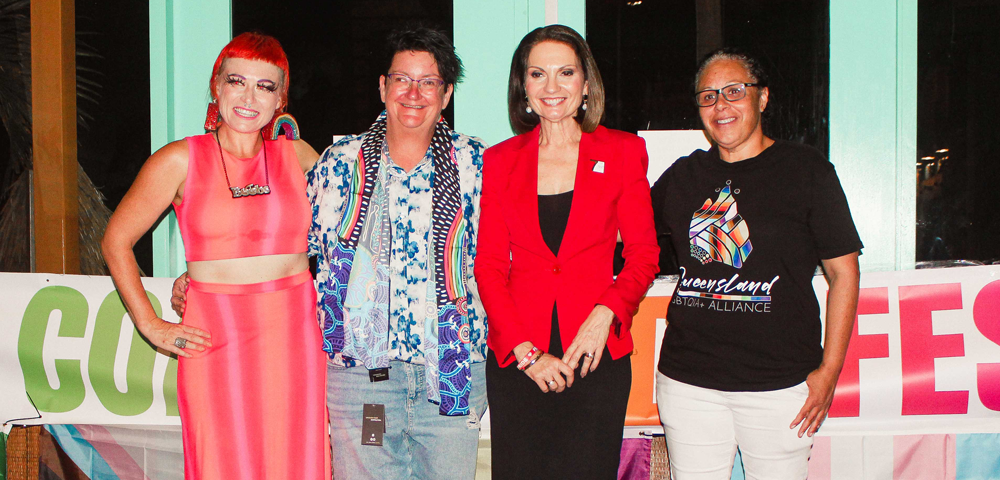
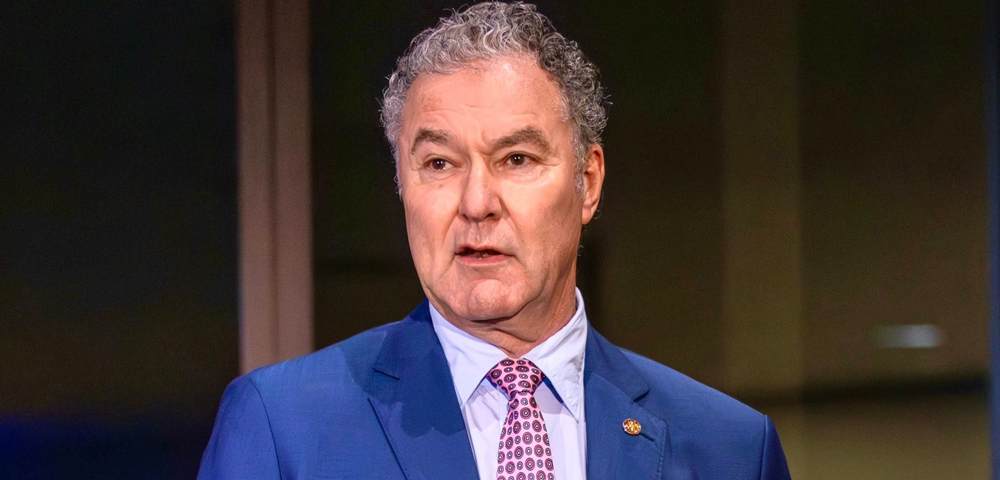

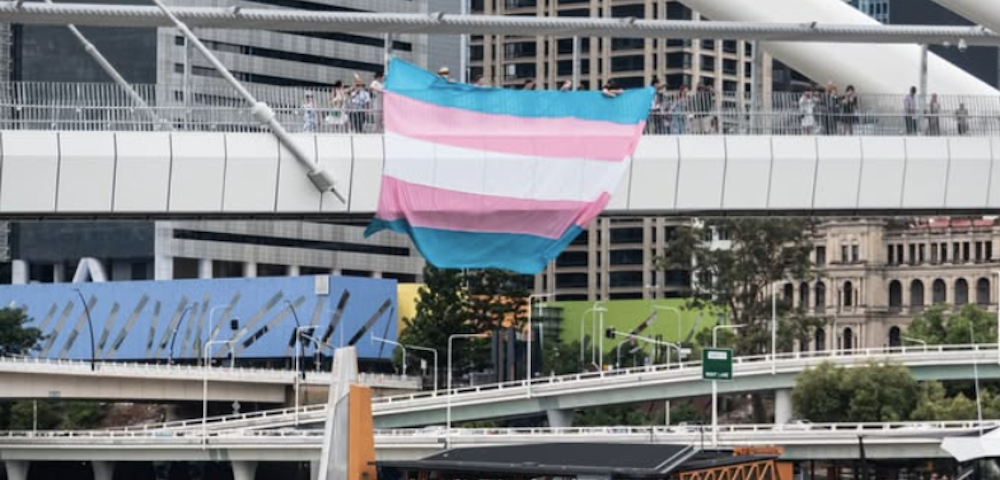
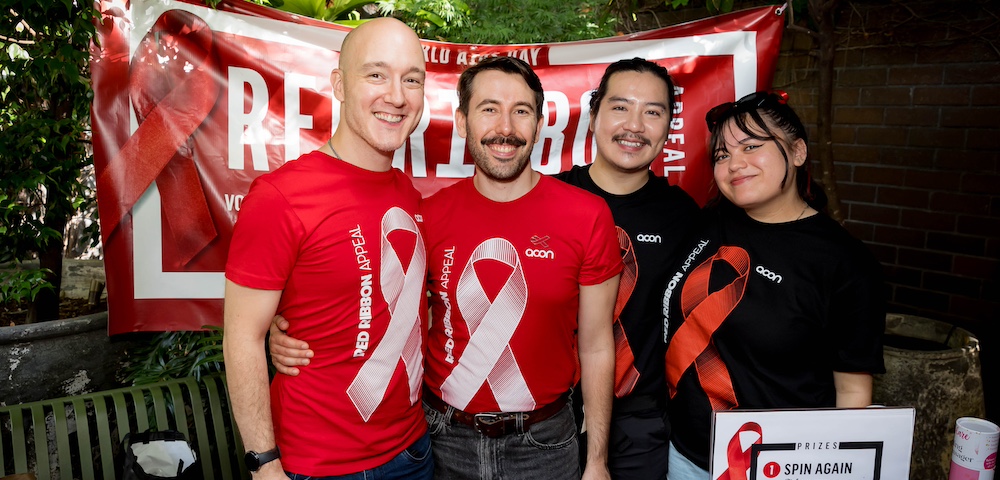
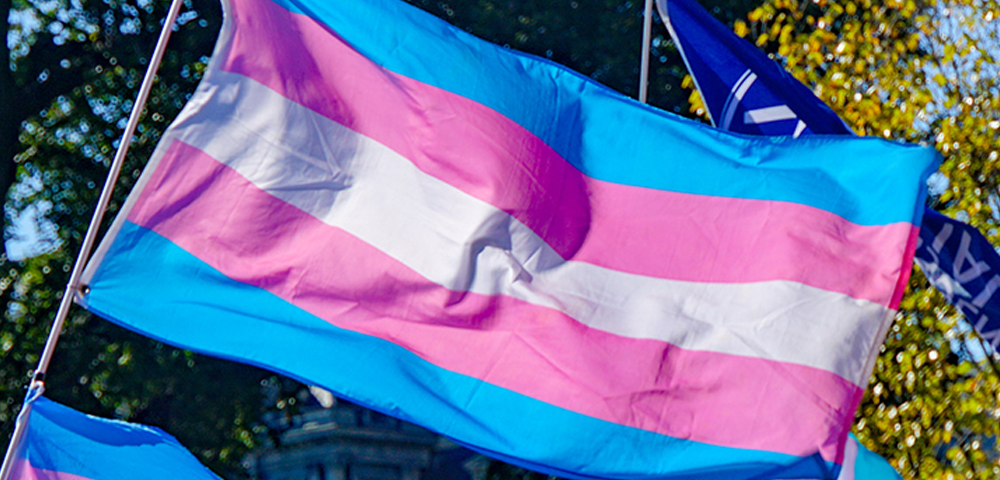
I’m a survivor of male to male domestic violence. It only happened once and whilst traveling overseas. I managed to throw my now ex-partner out of my hotel room and it certainly put a dampener on the rest of my holiday, I returned home a month or so later to patch things up. Unfortunately, I lived in fear of the next jealousy-fueled outburst. I ended the relationship some 6 months after the incident. With the help of my counselor and family and friends, I have been able to move on and even forgive my ex. I sincerely wish him well and hope he receives some help of his own. Terence South Melbourne
check out the posters here http://www.oneinthree.com.au/posters